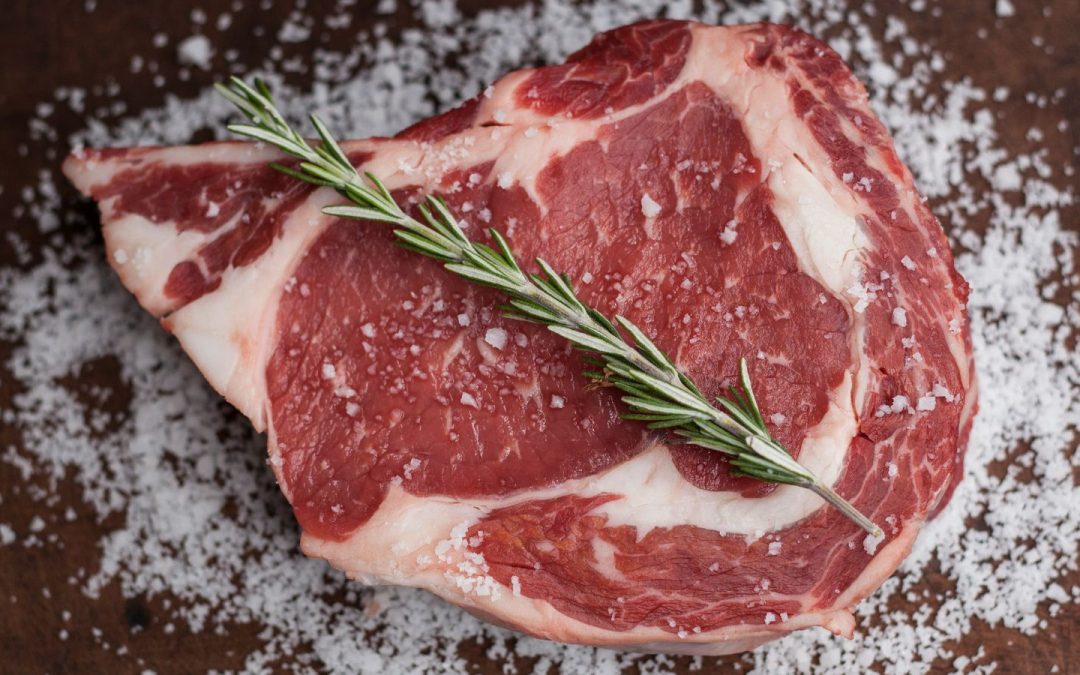The UK has agreed to a deal with the US, which it said would allow for “unprecedented” market access for British farmers with protections on food standards maintained.
The deal agreed reciprocal market access on beef, and UK farmers were given a quota for 13,000 metric tonnes. According to Government, “there will be no weakening of UK food standards on imports”.
It was also highlighted that protections on food standards would be maintained as British farmers benefit from “unprecedented market access”.
Business and Trade Secretary Jonathan Reynolds commented: “I am delighted our calm approach and proactive engagement with the US has resulted in this deal which cuts tariffs for UK industry and cuts costs for businesses.”
Prime Minister Keir Starmer stated: “As VE Day reminds us, the UK has no greater ally than the United States, so I am delighted that eight decades on, under President Trump the special relationship remains a force for economic and national security.”
Industry welcomes new agreement
Karen Betts, chief executive of the Food and Drink Federation (FDF), said: “This is very positive news for the UK economy, and to be welcomed. There is obviously still the question of the 10% tariff that continues to apply to food and drink exports. We hope that this deal creates the space and momentum for continued discussions about removing those tariffs too.
“The US is UK food and drink’s third biggest export market, with £2.7 billion worth of goods exported there in 2024, many of which are produced by small and medium-sized businesses. Government can make a real difference here by providing greater practical guidance and support to help more food and drink businesses find new customers abroad.”
Following news of the US-UK trade agreement, National Farmers’ Union (NFU) president Tom Bradshaw said: “We find ourselves in this position as a direct result of tariffs introduced by the US administration in April. This is not something anybody wanted.
“Since then, we have worked tirelessly on behalf of British agriculture, engaging closely with the UK Government to ensure our farmers receive a fair and balanced outcome within this deal and that the public is not exposed to lower standard produce.
“We appreciate the Government’s efforts in listening to our concerns, particularly around maintaining high standards, protecting sensitive agricultural sectors and securing reciprocal access for beef.
“For several years, we’ve campaigned with the UK’s agricultural attachés in Washington for market access for British beef, a product globally respected for its quality and strong environmental credentials. These efforts have contributed to enabling the UK Government to secure ring-fenced access for British beef exports to the US.”
“Our biggest concern is that two agricultural sectors have been singled out to shoulder the heavy burden of the removal of tariffs for other industries in the economy.”
Bradshaw continued: “However, the inclusion of a significant volume of bioethanol in the deal raises concerns for British arable farmers. We’ll be engaging closely with our members to help them understand and prepare for the potential impact.
“Our biggest concern is that two agricultural sectors have been singled out to shoulder the heavy burden of the removal of tariffs for other industries in the economy. While we understand this, we also know that today is the start, not the end, of a process and UK agriculture cannot continue to shoulder such imbalances in future negotiations.”
“We cannot risk slipping backwards to a place where customers are not confident in the food they’re buying.”
Jim Moseley, Red Tractor CEO, added: “The standards which farmers and manufacturers produce food to in the UK set us apart from the rest of the world. The UK Government must continue to defend UK food standards and farmers by ensuring any products entering the UK market do not undercut the high standards of British produce that consumers have come to expect.
“75% of UK adults trust the food they buy and eat in the UK, and the main reasons for that are the strong standards and clear labelling policies we have in the UK. We cannot risk slipping backwards to a place where customers are not confident in the food they’re buying – whether that is food safety, animal welfare or provenance.”









